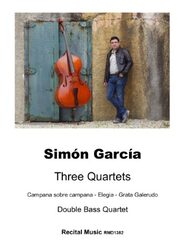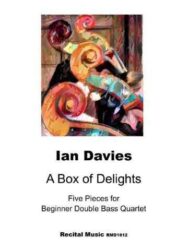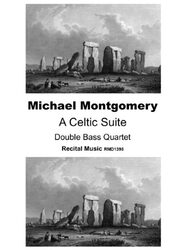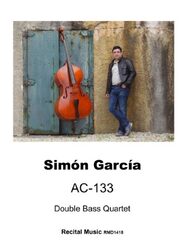Chaconne in D minor
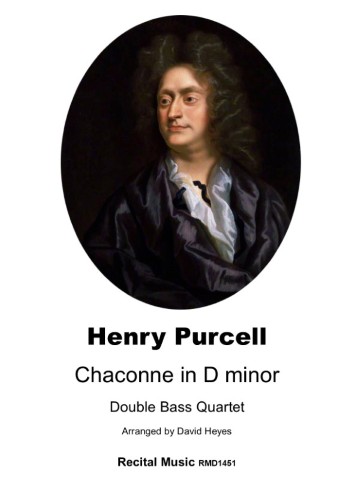
Composer: Purcell, Henry
Instrumentation: 4 Double Basses
Arranger: David Heyes
Publisher Recital Music
[tmr_details_contents_exams]
[tmr_truncated_description]
Page ? of ?
Digital Download – PDF
Shipping costs: No shipping
R.R.P £8.50
Our Price: £7.23
[show_licence_button]
[series_titles]

